The Role of Biotechnology in Sustainable Agriculture
Introduction
Biotechnology is a field of science that involves the use of living organisms, or the products of living organisms, for human benefit. In the context of agriculture, biotechnology is used to improve crop yields, enhance nutritional quality, and increase the sustainability of farming practices. This article will explore the role of biotechnology in sustainable agriculture, a practice that aims to meet the needs of the present without compromising the ability of future generations to meet their own needs.

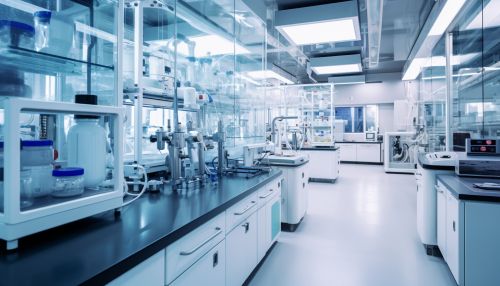
Biotechnology and Sustainable Agriculture
Sustainable agriculture is a method of farming that aims to produce food, fiber, or other plant or animal products using farming techniques that protect the environment, public health, human communities, and animal welfare. This form of agriculture enables us to produce healthful food without compromising future generations' ability to do the same.
Biotechnology plays a crucial role in sustainable agriculture by providing farmers with tools and technologies that increase crop yields and reduce the need for environmentally harmful farming practices. It has the potential to address many of the challenges associated with conventional agriculture, such as the overuse of chemical pesticides and fertilizers, the degradation of soil quality, and the loss of agricultural biodiversity.

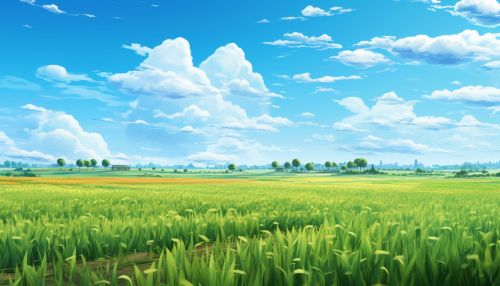
Genetic Engineering
Genetic engineering is a form of biotechnology that involves manipulating an organism's genes. In agriculture, genetic engineering is used to create genetically modified (GM) crops that are resistant to pests, diseases, and harsh environmental conditions. By reducing the need for chemical pesticides and increasing crop resilience, GM crops can contribute to sustainable farming practices.
For example, Bt cotton is a type of genetically modified cotton that produces a natural pesticide to protect against the bollworm, a major cotton pest. This reduces the need for chemical pesticides, leading to less environmental pollution and a safer working environment for farmers.
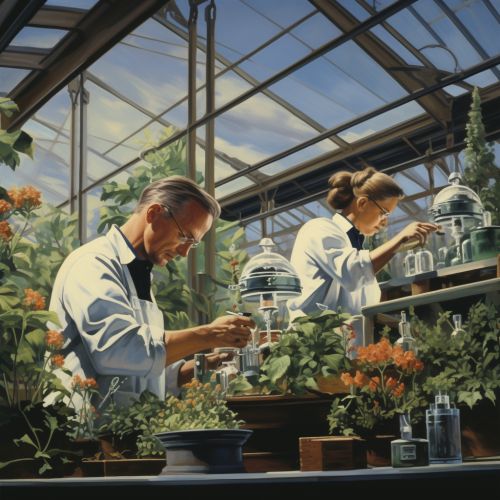
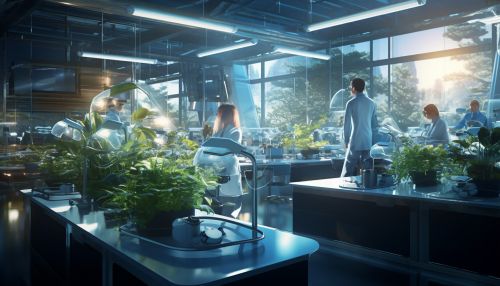
Precision Agriculture
Precision agriculture, also known as precision farming, is a farming management concept based on observing, measuring, and responding to inter and intra-field variability in crops. It relies heavily on new technology and GPS positioning systems. Precision agriculture aims to optimize field-level management with regard to crop science by using techniques to target the variability. These techniques include GPS soil sampling, data management, and GIS-based nutrient management.

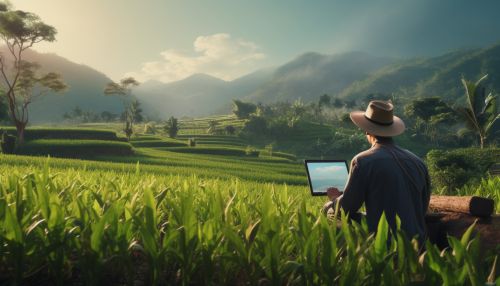
Challenges and Controversies
Despite the potential benefits of biotechnology in sustainable agriculture, there are several challenges and controversies associated with its use. These include concerns about the safety of genetically modified organisms (GMOs), the impact of biotechnology on small farmers, and the ethical implications of genetic engineering.
Safety of Genetically Modified Organisms
One of the main controversies surrounding the use of biotechnology in agriculture relates to the safety of genetically modified organisms. Critics argue that the long-term health effects of consuming GMOs are unknown, and that these organisms could have unforeseen impacts on the environment.
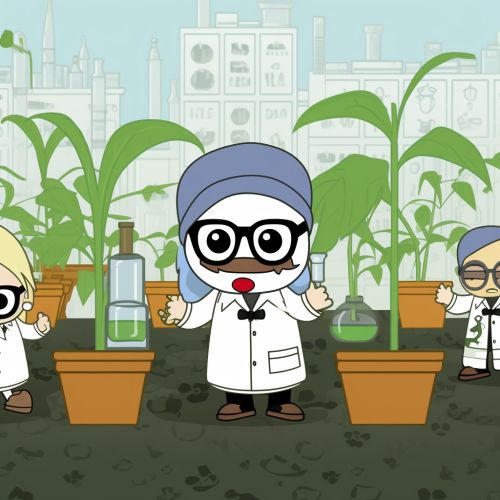

Impact on Small Farmers
There are also concerns about the impact of biotechnology on small farmers. The high cost of genetically modified seeds, and the legal and technical restrictions on their use, can make it difficult for small farmers to adopt biotechnology. This could potentially lead to increased inequality in the agricultural sector.
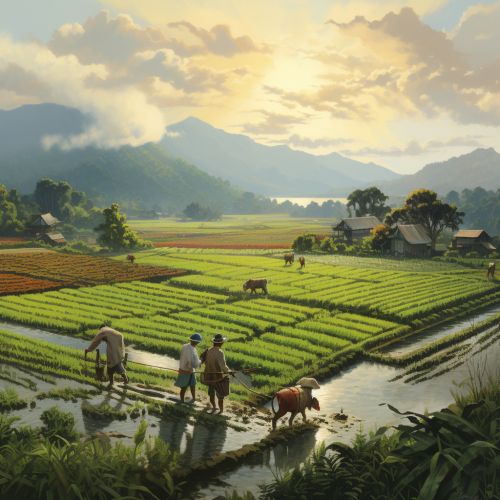
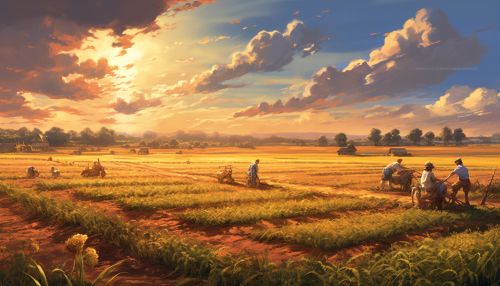
Ethical Implications
The ethical implications of genetic engineering are also a source of controversy. Some people believe that manipulating the genes of plants and animals is 'playing God' and that it is morally wrong. Others argue that genetic engineering is a necessary tool in the fight against hunger and malnutrition.


Conclusion
Biotechnology has the potential to significantly contribute to sustainable agriculture by increasing crop yields, reducing the need for chemical pesticides and fertilizers, and improving the resilience of crops to pests and harsh environmental conditions. However, the use of biotechnology in agriculture is not without controversy. Concerns about the safety of genetically modified organisms, the impact on small farmers, and the ethical implications of genetic engineering continue to be debated. Despite these challenges, biotechnology remains a promising tool for achieving sustainable agriculture.
